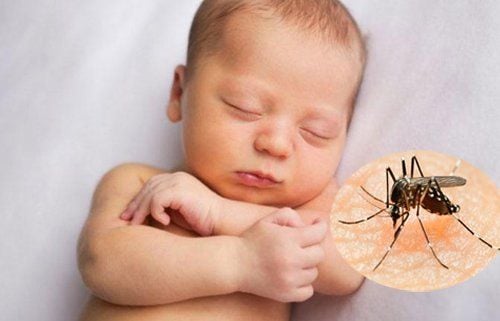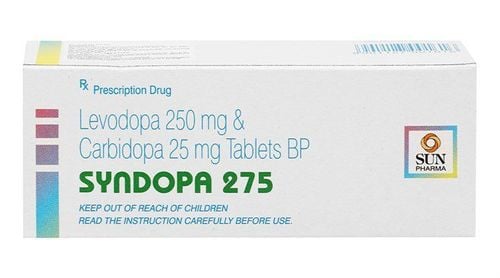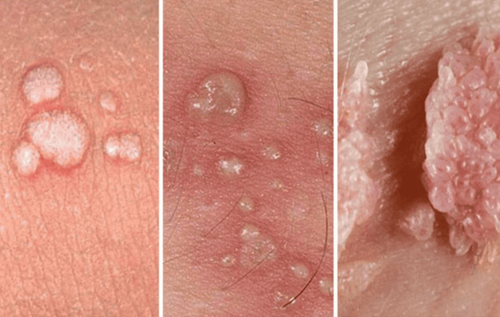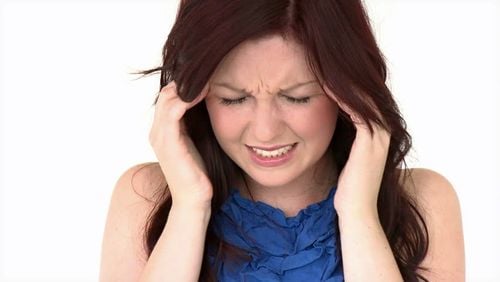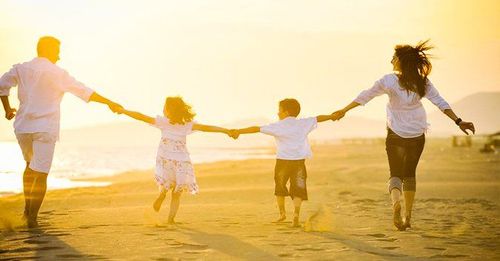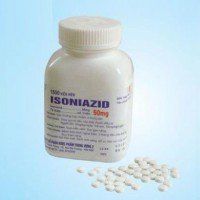This is an automatically translated article.
Japanese encephalitis is a common disease in children under 15 years of age, which can cause death very quickly within the first 7 days due to damage to the central nervous system. Despite being treated, the risk of sequelae and complications of Japanese encephalitis is still very high.1. Complications of Japanese Encephalitis
Japanese encephalitis is an acute blood-borne infectious disease transmitted by the culex mosquito, caused by the Japanese encephalitis virus B. The virus invades the brain parenchyma, destroys nerve cells, the disease progresses quickly and has a high mortality rate of about 10-25%Death from Japanese encephalitis usually occurs within the first 7 days of infection. The patient had a deep coma, convulsions, and symptoms of severe brain damage. If this stage is over, the symptoms gradually decrease, but up to 50% of patients have neurological and psychiatric sequelae.
Complications of Japanese encephalitis:
Bronchitis, pneumonia, bronchopneumonia. Inflammation of the urinary tract.. Ulcers of pressure points. Thrombophlebitis due to prolonged lying down and nutritional disorders. Neurological and psychiatric sequelae: Paralysis or paralysis of limbs, aphasia, chorea, choreography, epilepsy, parkinsonism, motor coordination disorder, memory loss, psychosis or coma, affect to hearing...
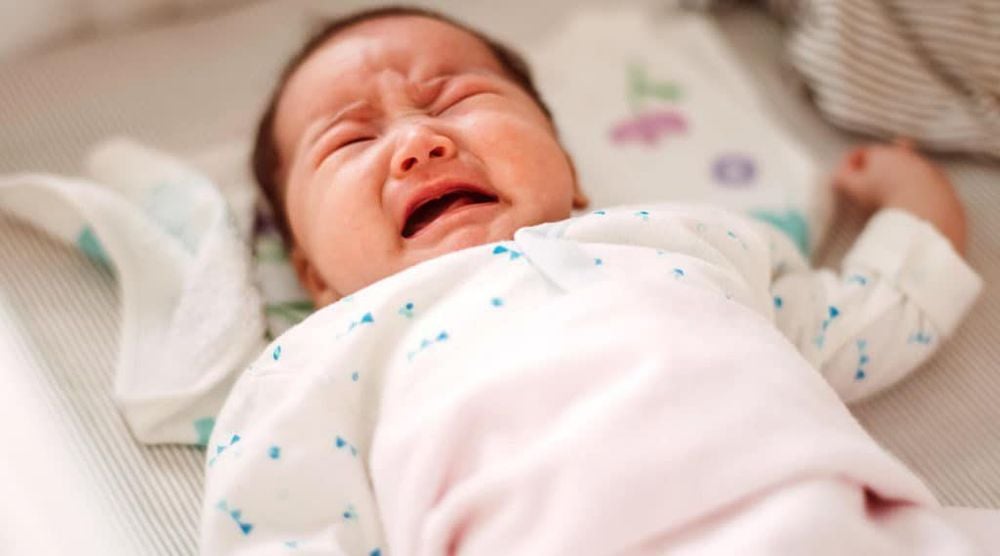
Biến chứng của viêm não Nhật Bản để lại cho trẻ có thể khá nặng nề
2. How to prevent Japanese encephalitis
Currently, there is no specific treatment for Japanese encephalitis. Therefore, the content of treatment is to fight brain edema, treat symptoms and fight superinfection... Because there is no specific treatment method, proactively prevent disease and reduce the risk of disease.Build cattle sheds away from home, do not allow children to play near livestock stables to prevent mosquito bites. Eliminate breeding grounds, kill mosquitoes and prevent mosquito bites. Change vase water regularly, cover water containers. Specific prevention methods with Japanese encephalitis vaccine. Vaccination against Japanese encephalitis is part of the active immunization program for children to get all 3 shots. - Nose 1: When the child is 1 year old.
- Nose 2: After 1st nose, about 1-2 weeks.
- Nose 3: 1 year away from Nose 2. Then every 3-4 years, booster shots are given until the child is 15 years old.
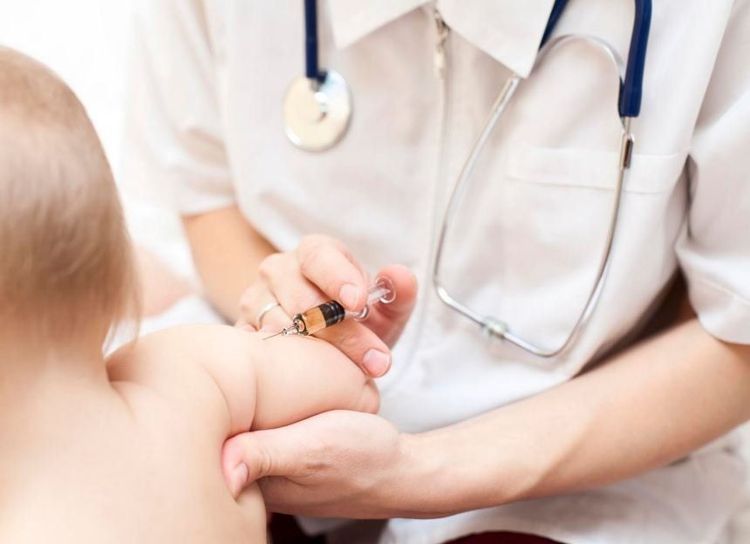
Tiêm phòng vắc xin viêm não Nhật Bản là phương pháp phòng bệnh đặc hiệu
Please dial HOTLINE for more information or register for an appointment HERE. Download MyVinmec app to make appointments faster and to manage your bookings easily.




